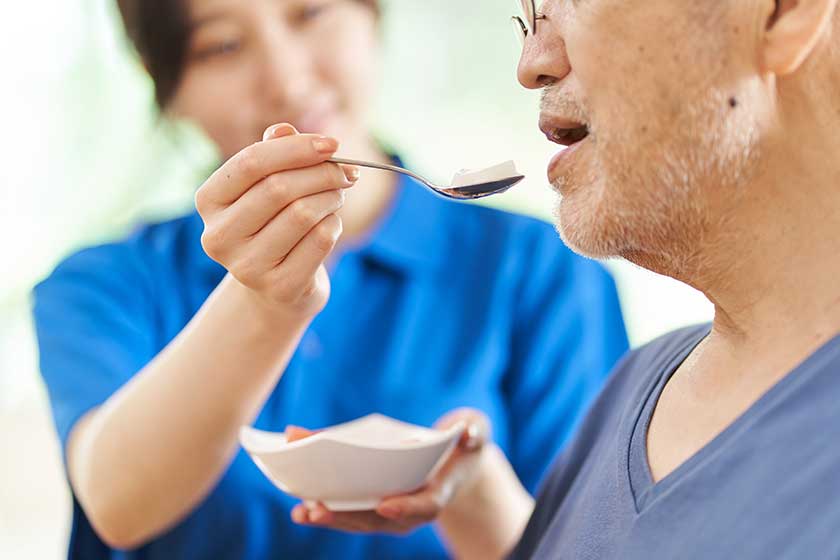Trained professionals known as personal care assistants provide essential support to individuals who face challenges in maintaining their independence. They offer personalized assistance to clients dealing with the effects of aging, disabilities, illnesses, or injuries, helping with daily activities according to each person’s unique needs and preferences. As invaluable resources, these assistants greatly enhance the autonomy and quality of life for those they serve.
Roles and Responsibilities
- Assistance with Activities of Daily Living (ADLs): PCAs play a crucial role in assisting clients with essential tasks such as bathing, dressing, grooming, and toileting. They approach these activities with sensitivity and respect, ensuring that clients maintain their dignity and autonomy.
- Mobility Support: Many individuals who require personal care assistance may experience mobility issues. PCAs provide physical support, help clients use mobility aids such as walkers or wheelchairs, and ensure safe transfers between different positions to promote independence and prevent falls.
- Medication Management: Managing medications can be challenging, especially for individuals with complex healthcare needs. PCAs assist clients with medication reminders, ensuring they take prescribed medications at the correct dosage and time. They may also help clients keep track of medication schedules and communicate any concerns to healthcare providers.
- Meal Preparation and Feeding: Proper nutrition is essential for overall health and well-being. PCAs help clients with meal planning, preparation, and feeding, taking into account dietary restrictions, preferences, and nutritional needs. They may also assist with grocery shopping and meal planning to ensure clients have access to nutritious food options.
- Household Tasks: Maintaining a clean and organized living environment is essential for both physical and mental well-being. PCAs may assist with light housekeeping duties such as laundry, tidying up living spaces, and basic home maintenance tasks. By ensuring a safe and comfortable living environment, PCAs contribute to their clients’ overall quality of life.
- Companionship: Beyond practical assistance, PCAs provide emotional support and companionship to clients. They engage in meaningful conversations, participate in activities that promote socialization and mental stimulation, and provide a sense of connection and belonging. Building trust and rapport with clients is a crucial aspect of the PCA role, as it fosters a supportive and nurturing relationship.
Qualifications and Training
Becoming a personal care assistant typically requires completing a training program approved by the state and obtaining relevant certifications, such as CPR and First Aid. While formal education requirements may vary, essential qualities for PCAs include empathy, patience, reliability, and good communication skills. Additionally, ongoing training and professional development opportunities help PCAs stay updated on best practices and emerging trends in the field of caregiving.
Personal care assistants play a pivotal role in supporting individuals who require assistance with daily activities. Their compassionate and dedicated efforts empower clients to maintain their independence and dignity while receiving the care they need. By providing personalized assistance, emotional support, and companionship, PCAs contribute to the overall well-being and quality of life of their clients. As essential members of the caregiving team, PCAs exemplify the values of compassion, respect, and empathy, ensuring that every individual receives the support and attention they deserve.
At our personal care facility, we recognize the invaluable role of our personal care assistants in enhancing the lives of our residents. Our team is trained to deliver personalized care and attention, creating an environment that promotes independence and dignity. From chef-prepared meals in our all-day bistro to engaging social and wellness activities, we ensure that every resident enjoys a fulfilling and vibrant lifestyle.
We invite you to learn more about how our personal care services can support the needs of your loved ones. If you’re interested in exploring the options available or scheduling a tour, please don’t hesitate to contact us. Together, we can ensure that every resident receives the compassionate and dedicated care they deserve.







